The Question
Why won't a Beijing payphone stop ringing?
Talking Points

- Ukrainian forces broke through Russian lines in the south
- The fire-sale at Credit Suisse raised fears of a collapse
- UK markets lost £300bn in Liz Truss' first month
- Another feature of climate change: dengue in Provence
- Grid failure plunged 130m into darkness in Bangladesh
- The apple didn't fall far: Ferdinand Marcos Jr. critic shot dead
- Australia was transfixed by the rape trial of Bruce Lehmann
- Joe Biden pardoned those with marijuana offences
- Aaron Judge launched himself into history with a 62nd homer
- Kim Kardashain was fined $1.26m over a crypto scheme
Deep Dive

On Thursday, 37 people were massacred in rural Thailand. 22 were children under the age of five. The current orthodoxy is to place the victims in the centre of the frame. Today, we think it important to reverse it.
Panya Kamrap issues
It was raining heavily in Uthai Sawan on Thursday. So much so that many parents decided against dropping their children at the local Child Development Centre. There were only 30-odd children at the daycare centre, all under the age of five, with some as young as two. These government-run facilities are ubiquitous in the poorer rural areas of Thailand where parents are required to commute long distances for work. It was 12:30, nap-time for the kids , when Panya Kamrap arrived. He was armed, visibly agitated, and searching for his child. The staff locked the door and informed him that his child wasn't inside.
Panya shot through the lock and entered. He shot all the teachers and staff in sight. People nearby assumed the rapid pops were fireworks. The following screams dispelled that. The maddened attacker forced his way into another locked room where the children had been sleeping. The ensuing scene was harrowing. 22 children were stabbed to death in a matter of minutes. Devastated emergency workers would later describe the blood slicked floor littered with bodies and discarded juice boxes.
The killings did not stop there. Panya sped home, shooting randomly at pedestrians as he went. When the police finally entered the property, they found the bodies of Panya, his wife, and child.
Horse medicine
Nong Bua Lamphu rarely scores a mention in Thai bulletins; let alone in international headlines. It's an agricultural economy. But the seasonal swing between drought and flood confounds most crops. Some farmers grow rice, others sugar cane. It remains Thailands poorest province with an average income of $1,000; barely a third of that in Bangkok or Chiang Mai. But it is still money enough for ya ba — southeast Asia's methamphetamine of choice. Originally called ya maa ("horse medicine"), these meth and caffeine pills used to be administered to draft horses in Myanmar. The price of a single ya ba pill has crashed in recent years to 20 baht ($0.50): more than affordable even for the region's low-paid workers.
Nong Bua Lamphu sits next to the Golden Triangle — home to the world's most notorious and sophisticated drug manufacturing operations. One UN figure said , "the flow of drugs into the region is just crazy, a literal flood. It's only getting worse." Panya was caught in that flood. The 34-year-old was fired from the Royal Thai Police in June for his persistent methamphetamine use. From there Panya spiralled. "He abused drugs and was very stressed and upset about his career, his position, his status", offered the head of criminology at Rangsit University. What is extraordinary is that Panya was allowed to keep his 9mm pistol even after he was ejected from the police. On Thursday, he walked out of court with a mind to not attend the following day's hearing. His future prospects had narrowed to a single bloody one.
Under arms
Much has been made of Thailand's gun culture. Rates of legal ownership are higher than in most countries, and black market firearms are easy to find. Until recently, Thailand had had a good run, without many mass-killings. But two years ago, a disgruntled soldier gunned down 29 people in a Nakhon Ratchasima mall. This week, Thailand was given another brutal reminder of what can happen in a society under arms.
The other salient point is the wholesale inability for the state to provide mental health support to those who need it. There are just over 1,000 registered psychologists and psychiatrists in this country of 69 million. Colouring this is Thailand's notably hierarchical culture. The loss of face and status can be infuriating if not deeply damaging.
Panya Kamrap is not the only adult male with access to weapons and drugs who is at risk of losing control. How the Thai government responds will be watched closely. In the meantime, in a long-ignored hamlet in the north, bereaved families will go to bed with a single image in mind: a flatbed truck stacked with twenty-two children's coffins.
Worldlywise
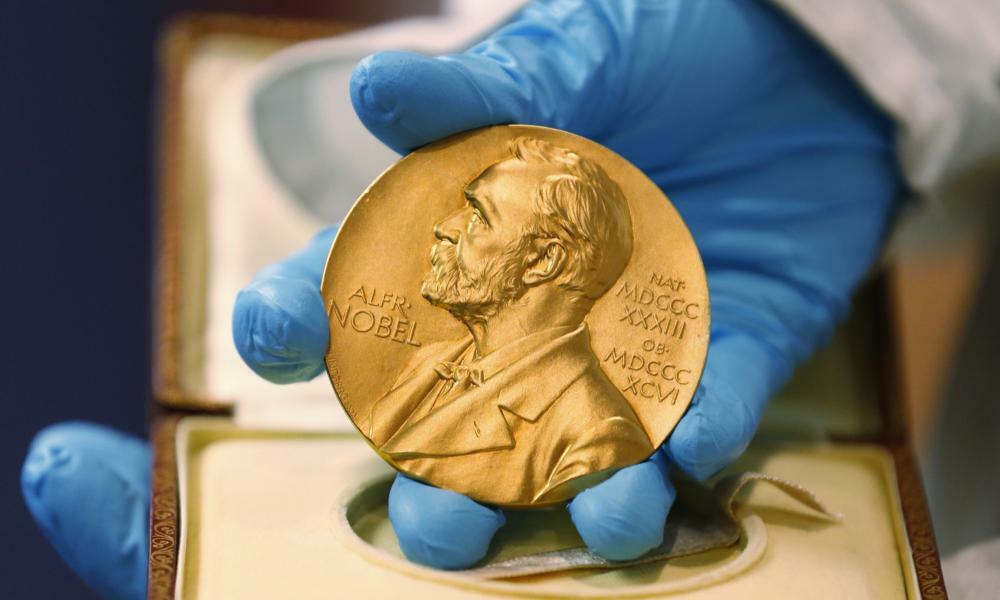
The Super Bowl of thinking
First up on the podium at the Royal Swedish Academy of Sciences, to receive the Nobel Prize in Physiology or Medicine, was homegrown hero Svante Päabo . It is not too much of a stretch to say that without Päabo the field of paleogenetics would not exist, or at best would have been significantly delayed. He developed tools to analyse the genetic structure of our early ancestors and was the first to fully sequence Neanderthal DNA. His work shone a light on the Neanderthal DNA that we all carry in us today: a marker for cross-breeding that has been passed down through time. He joined a rare club of laureates whose parents had also won a Nobel Prize. His father, Sune Bergstrom, won the very same prize in 1982. And yet, Päabo had this to say, “I think the biggest influence in my life was my mother with whom I grew up”.
Leaping forward from 40,000BCE to the future… The Nobel Prize in Physics was awarded to three researchers “for experiments with tangled photons, establishing the violation of Bell inequalities, and pioneering quantum information science”. Alain Aspect, John F Clauser, and Anton Zeilinger all delved into what Albert Einstein dubbed, “spooky action at a distance”. At its core, quantum entanglement allows us to examine and even control one particle that is entangled with another, even if a great distance separates them. Solving the inherent connectedness between seemingly unconnected particles is the future of physics.
Another trio — Carolyn Bertozzi, Barry Sharpless, and Morten Meldal — split the Chemistry Prize. Buckles may not be a particularly inscrutable scientific concept, but these three worried away at the challenge of buckling together molecules . By using chemical joiners they broke open the field of ‘click chemistry’ which has applications from cancer drugs to personalised treatments. It also happens to be Sharpless’ second Nobel Prize which is pretty nifty.
French author Annie Ernaux is this year’s Literature laureate. Over the course of half a century and 22 novels she has perfected what she calls “flat writing”. The Academy described it thus, “the courage and clinical acuity with which she uncovers the roots, estrangements, and collective restraints of personal memory.” Her first work painted a gritty, if not grim, portrait of the tension between an educated daughter and her working-class parents. Class is constantly reexamined in Ernaux’s work, but it is gender — the tribulations of what it meant to be a woman in a patriarchal society — that is at the forefront. A realist icon.
The penultimate award (the Economic Sciences gang will have to wait till next week), is the Nobel Peace Prize . It landed on Friday. It also happens to be the loosest. Unfortunately, in recent years there have been several Peace Prize recipients who have gone on to be rather bellicose (hello, Barrack Obama and Abiy Ahmed). This year was a crowd-pleaser. The award was split between jailed Belarusian activists, and a pair of Russian and Ukrainian human rights organisations. Very timely.
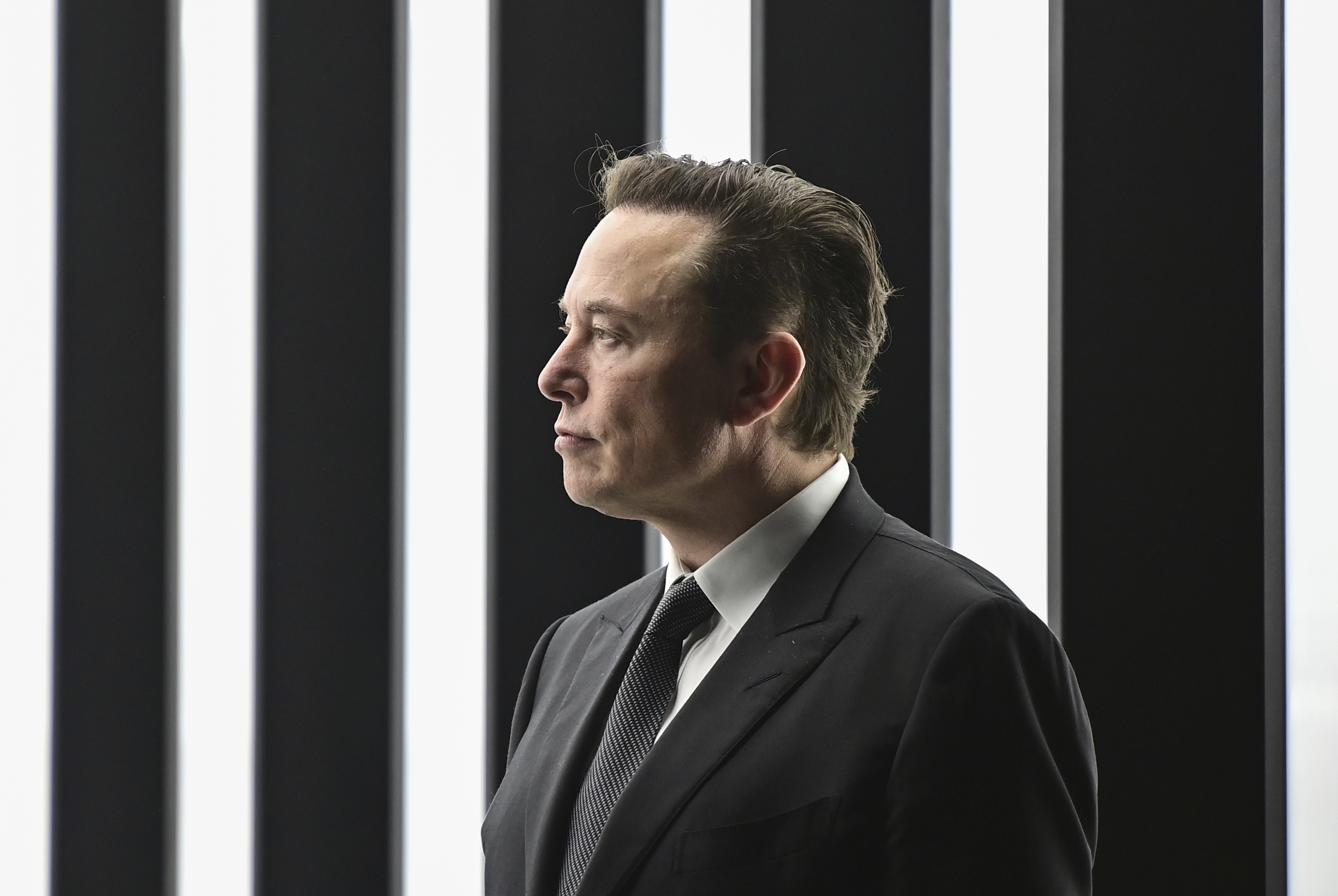
Buyer remorse
Elon Musk. Twitter. Wait for it....
Okay, now that the majority of inkl readers have scrolled past this story with a discontented sigh, you and I can get into the saga.
Here's a speedrun of the story to date. Musk offered to buy Twitter in April, after tardily revealing he had accumulated a 9% holding in the business. He toyed with joining the board, but ultimately declined. He then made his unsolicited offer to buy the social media site at a premium, for $44 billion. Twitter accepted. Then, in May, Musk started tweeting mean things about Twitter's management, and making unsubstantiated claims about bots. In June, he threatened to terminate the deal. The following month he made good on the threat. Twitter sued to force the sale. Musk continued to complain. But a judge ruled against him in pre-trial hearings. This week, fresh from yet another hiding in the Delaware Chancery Court, a chastened Musk wrote to Twitter's leadership. He would buy the company at its original price of $54.20 a share.
Back to square one. Judge Kathleen St Jude McCormick has given the parties until the end of the month to seal the deal. But it still may not get done. Musk's lawyers have inserted an itsy-bitsy qualifier into their offer: contingency on the financing coming through. A handful of banks led by Morgan Stanley have put $10bn on the table. And Musk's pals have ponied up a few more billion. But if the rest of the funding magically falls over, will Musk be forced to continue with the purchase using his own cash ? Or will he be allowed to skip out with nothing but a slap on the wrist (a paltry $1bn fine)? Nothing about this deal makes sense. But given how much deception has already been involved in this case, there are probably a few more twists ahead .
One final note: praise is due for Twitter's executives (a rare phenomenon) for their steely negotiation. As the pre-trial hearings opened, Musk opened a backchannel to offer a remarkably bad deal: he'd buy Twitter at 30% of the original asking price. They sent him packing.
The Best Of Times
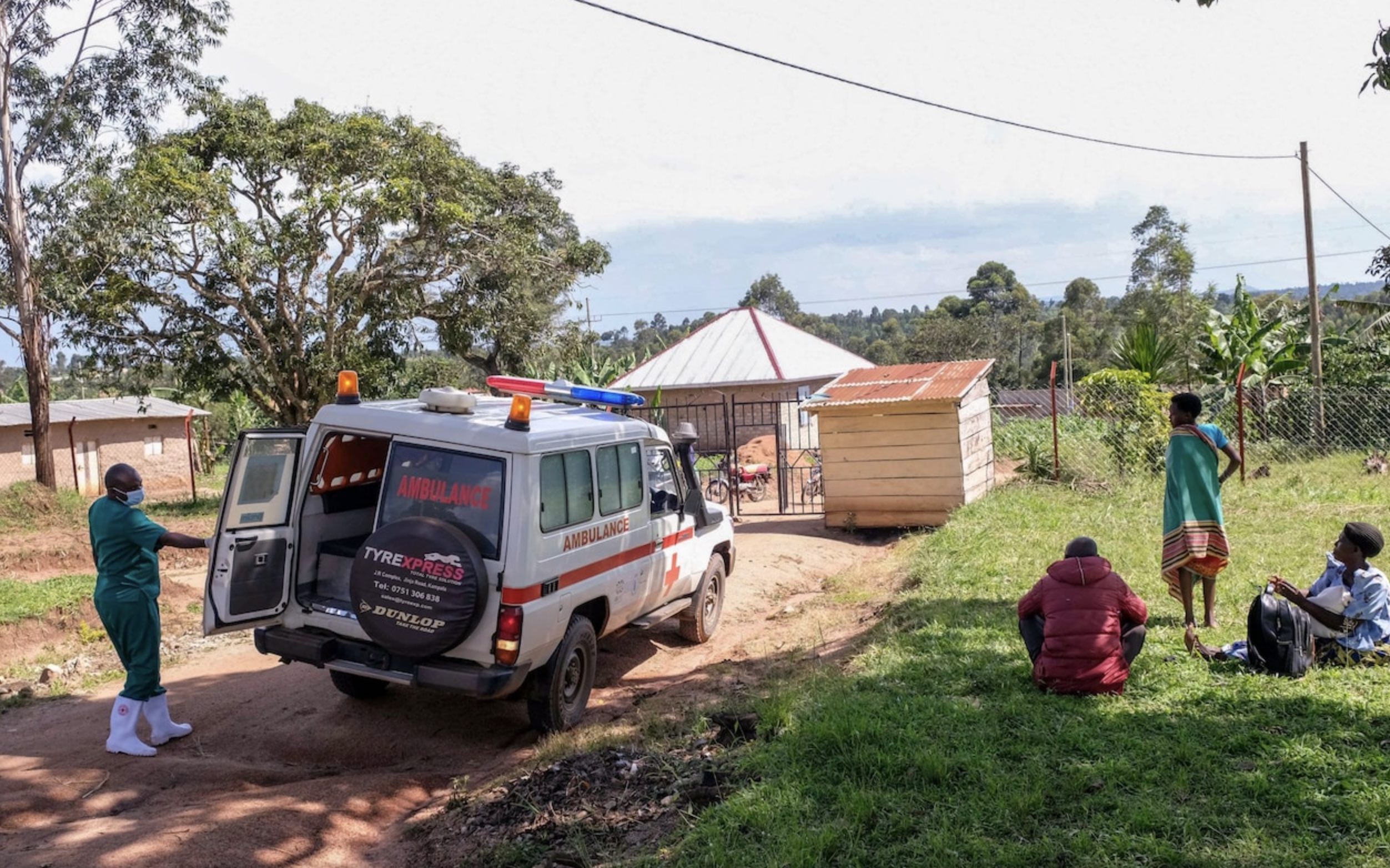
Another ebola vaccine
The rare Sudan strain of ebola virus is spreading in Uganda (not the good news). It has a mortality rate of 50% (also not the good news). The World Health Organisation is mere weeks away from trialling two distinct vaccines (the good news). The single-shot vaccine developed by the big brains at Oxford University will be rolled out first by Kampala, mimicking the ring-inoculation strategy of the last major Zaire outbreak. It's extraordinary to see the speed at which science can move when the risks are high.
Irregular fruit
The EU has adopted standardised chargers. Take that, Apple .
The Worst Of Times
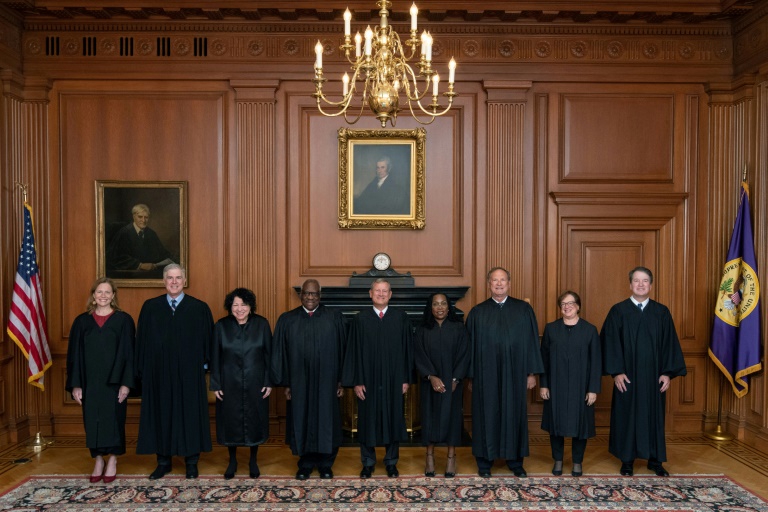
Parma 911!
In 2016, Ohio man Anthony Novak created a parody Facebook page for the local Parma Police Department. Posts included a "future crime reduction" policy of asking people to stay at home. It wasn't exactly acerbic satire — just a gentle ribbing of an easy target. But police are people too: not caricatures of thin-skinned bullies who either don't understand or can't take jokes. Actually, hold that thought: Novak was charged with "disrupting police operations". The local comedian got off, but has since fought a civil rights case against the police that is currently sitting before the Supreme Court . Satirical news site The Onion submitted an amicus brief in defence of "parody", which would be a right laugh were it not so deflating.
Mood ring-around
A team at the Florida State University College of Medicine has been studying whether our personalities changed during the pandemic. Outside the melting pot of adolescence, it is really only traumatic life events that tend to shift baseline personality traits. The pandemic, as it happens, has been one long trauma.
The first year of the pandemic strengthened bonds between people, but by year 2 they were fraying. Researchers noted that by 2021 extroversion, openness, agreeableness, and conscientiousness were all declining in their population study. Worryingly, young adults in particular showed an increase in the fifth of the major personality traits: neuroticism. While the changes were modest in scope, it's all clear evidence that young peoples' lives weren't just delayed, they were diverted.
Highlights
The Image
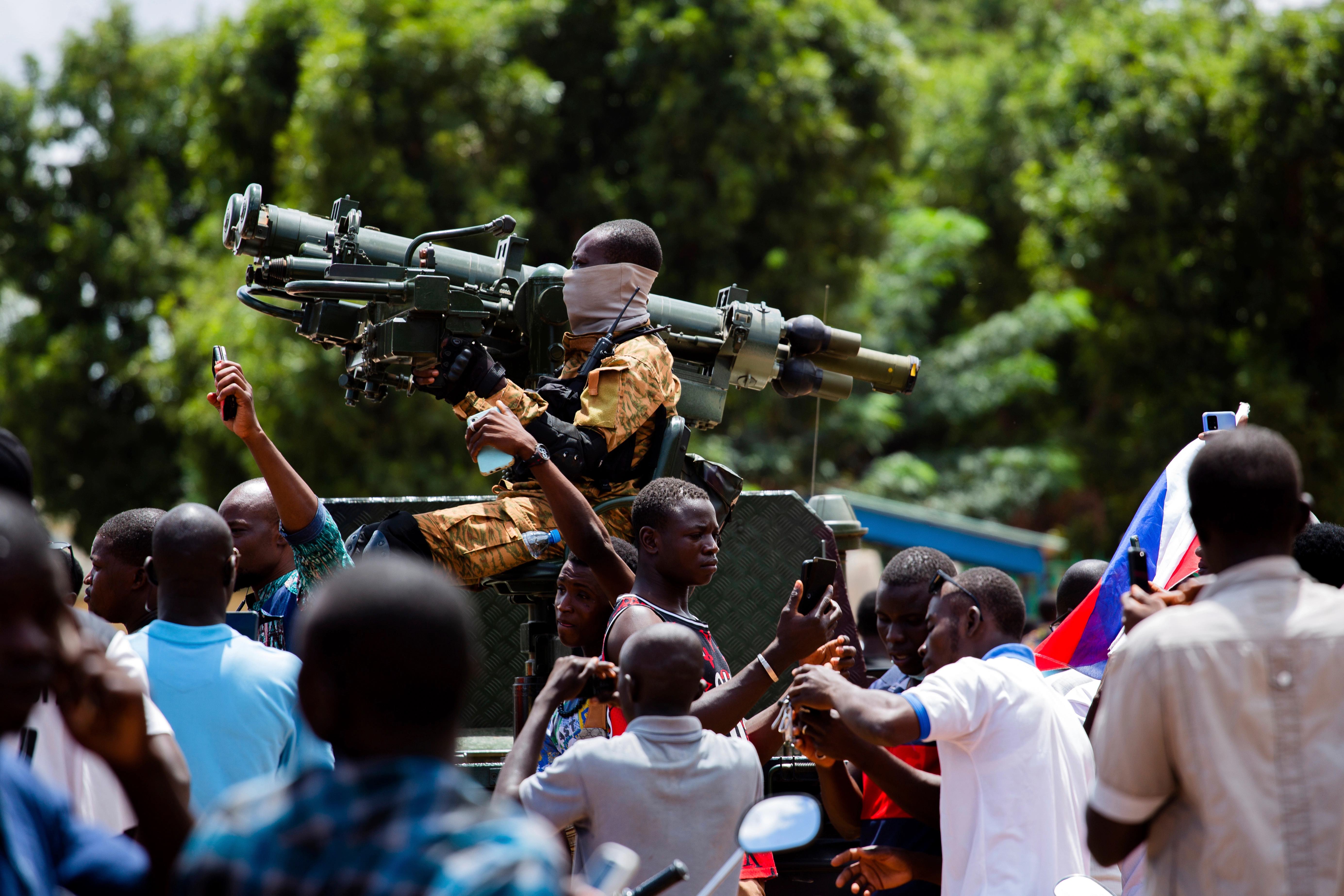
A Burkinabe man stops for a selfie with a soldier in Ouagadouougou. Last weekend, Burkina Faso experienced its second coup d'etat in nine months. Captain Ibrahim Traore swept into power after a brief firefight in the capital. Photo supplied by Al Jazeera.
The Quote
"The velocity of things breaking around the world... is obviously a 'neon swan' telling us that we are clearly now in the market accident stage."
– Nomura strategist Charlie McElliegott trots out some encouraging new phrases. It's all masters-of-the-universe-long-lunching-at-Masa when the going is good and "swan says oopsie-doopsie" in the market accident stage.
The Numbers
A 1 in 1,000,000,000,000,000,000,000,000,000,000,000,000,000,000,000- (sorry but there are too many to type out — imagine there are 1224 0's here) chance
- Filipino authorities are investigating possible fraud after an unusually large number of people won the national lottery. 433 gamblers will share a pool of nearly USD$4m after picking the same numbers, multiples of nine, in the Grand Lotto. It's impossible to gauge how many monocles flew off statisticians' faces in a flurry of surprise upon word of this "strange and unusual" event.
2 million barrels per day
- OPEC+, the cartel we all know and love (plus friends), opted to cut oil production by a couple million barrels a day. The deluxe high prices that pumping nations could command during the early days of the Ukraine war have been pared back by a slowing global economy. Saudi Arabia and Russia are leading the push to revitalise prices — it may offset the EU caps on the latter's sales.
The Headlines
"Ford offers $80 million to fight global authoritarianism" — The Independent . Henry "Adolf Hitler hung my portrait in his Munich office" Ford must be turning in his grave.
"Why We Do Things We Know We'll Regret" — The Atlantic . Adult clickbait.
The Special Mention
Another Special Mention goes to Saudi Crown Prince Mohammed bin Salman. This week he's accorded himself the title of prime minister (hello, diplomatic immunity) and announced that the 2029 Asian Winter Games will be held in the non-extant, expensive toy town of Neom. At risk of sounding biased: we simply can't get enough of this guy.
The Best Long Reads
- Foreign Affairs peers into the past and future of imperial decline
- Businessweek buys a $100bn self-driving car
- The Atlantic rails against algebra
The Answer...
It's no prank caller. When curious Beijingers pick up the phone they hear sad stories from the residents of Huludao . Residents in this northern Chinese city are choking on the pollution of a nearby zinc plant — but pleas to the central government have fallen on deaf ears. With the help of an environmental activist and artist the petitioners are making their voices heard one call at a time.







